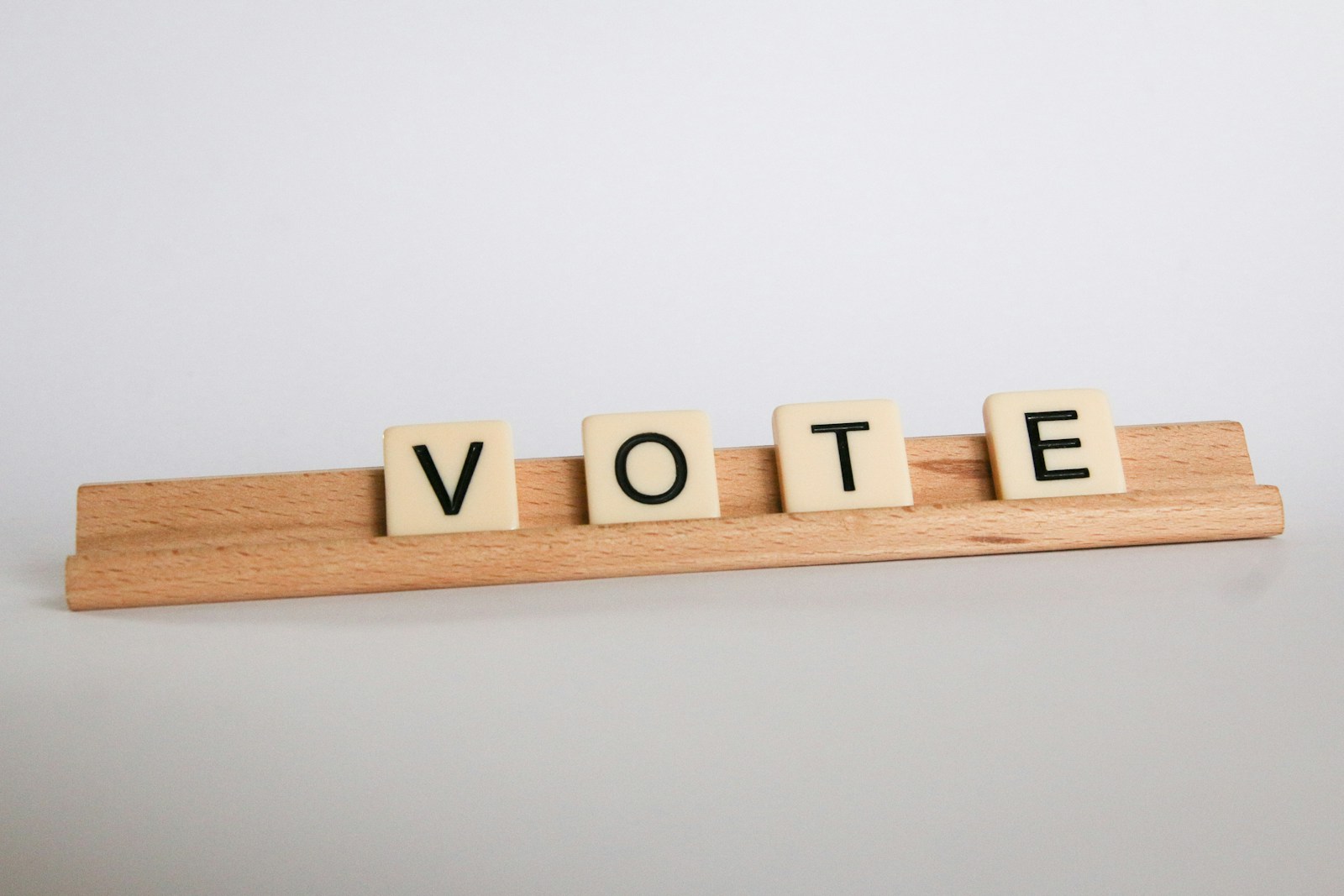“It was the culmination of the party’s decision five years earlier to reject — by one caucus vote — the science of climate change…” – Alan Kohler, ABC News ABC
That off-hand line in Alan Kohler’s analysis of Sussan Ley’s post-election dilemma captures a truth bigger than the Coalition’s climate wars: again and again, the arc of history bends because one person changes (or casts) a single vote. From Canberra party rooms to the floor of the U.S. Senate, the “power of one” keeps reminding us that democracy is built on razor-thin arithmetic.
1. The one-vote pivot that rewired Australia’s climate politics
On 1 December 2009 Tony Abbott defeated Malcolm Turnbull for the Liberal leadership 42–41 – a solitary informal ballot stopped the count from an exact tie. Abbott immediately hard-lined the party against Kevin Rudd’s Carbon Pollution Reduction Scheme. That stance bled into the 2014 repeal of the Clean Energy Act and, as Kohler argues, seeded the Coalition’s wipe-out in 2025. ABCABC
Change one MP’s mind in that party-room spill and Australia’s last 16 years of climate policy – and perhaps three prime-ministerships – look different.
2. One son, one mother, 17 million new voters
Fast-forward to 18 August 1920. In Nashville, the Tennessee House split 48–48 on ratifying the U.S. Constitution’s 19th Amendment. Twenty-four-year-old legislator Harry T. Burn, wearing the anti-suffrage red rose, opened a letter from his mother: “Be a good boy and vote for suffrage.” He switched sides, broke the tie, and made Tennessee the 36th state to ratify – delivering American women the vote. Constitution Center
One filial nod changed the franchise for half the U.S. population.
3. One vote short of toppling a president
During Andrew Johnson’s impeachment trial in 1868, 35 senators voted to convict, 19 to acquit. Conviction needed two-thirds of the 54-seat chamber – one more guilty vote. Had just a single Republican dissenter gone the other way, Johnson would have been removed, the presidency re-shaped decades before Nixon or Clinton were even born. U.S. Senate
4. The annexation of Texas – 27 ayes, 25 nays
America’s map is larger today because in 1845 a joint resolution to annex the Republic of Texas squeaked through the U.S. Senate 27–25. If one pro-annexation senator had balked, Texas may have remained independent (or re-joined Mexico), the Mexican–American War might have played out differently, and the balance of slave and free states would have shifted. U.S. Senate
5. Myths matter too: Adolf Hitler and the “one-vote” legend
You’ll often read that a solitary ballot elevated Hitler to party leader. It didn’t. In 1921 he was actually elected 553–1; there was only one dissenting vote in a meeting of 554 members. The myth survives because the underlying moral is seductive. But accuracy is equally powerful – and a timely reminder to fact-check every “one-vote” yarn. Econlib
6. What these moments teach us today
-
- Every preference counts. Australia’s compulsory preferential voting can feel like busywork, yet the Kohler-Turnbull-Abbott saga shows how one caucus ballot – let alone one electorate preference flow – scales to decades-long consequences.
- Small chambers amplify stakes. Leadership spills, committees and state legislatures work in tight numbers; the smaller the room, the larger your individual leverage.
- Civic duty is compound interest. Harry Burn probably didn’t picture global women’s suffrage when he opened his mum’s letter. Your ballot, board vote or branch-stacking proxy may echo far beyond its immediate context.
- Fact-checking protects credibility. Repeating the Hitler myth dulls the force of genuine one-vote stories. Rigorous sourcing – whether in a blog post or a policy speech – keeps the lesson sharp.
7. A climate footnote with present-day stakes
Kohler’s piece argues that Sussan Ley now faces an existential choice: align with public demand for credible net-zero policy or cling to Nationals’ scepticism, and lose again. That decision may hinge on a handful of MPs – or even a single back-bencher in a Coalition party-room ballot. The next “one-vote” turning point could decide whether Australia stays a climate laggard or joins the leaders. ABC
8. Take-aways for the rest of us
-
-
- Vote – in every election, board meeting, union delegate race, or strata committee.
- Engage – persuade one undecided friend; history says it might be enough.
- Document – keep sources handy; someone will quote your example.
- Stay humble – you rarely know in the moment which decision becomes the hinge.
-
Slow, deliberate participation – to borrow another favourite phrase – is smooth, and smooth is fast. The single ballot you cast today could ripple across generations. Don’t waste your shot.
References
-
- Kohler, A. (2025, May 19). Sussan Ley’s choice: an electable climate policy or sticking with the Nationals. ABC News. ABC
- ABC News. (2009, December 1). Shock win for Abbott in leadership vote. ABC
- U.S. Senate. (n.d.). Impeachment Trial of President Andrew Johnson, 1868. U.S. Senate
- U.S. Senate. (n.d.). Texas timeline: Senate votes to annex the Republic of Texas. U.S. Senate
- Bomboy, S. (2023, August 18). The vote that led to the 19th Amendment. National Constitution Center. Constitution Center
- Caplan, B. (2007, August 29). Fun history fact of the day. Econlib (debunking one-vote fallacies). Econlib





0 Comments